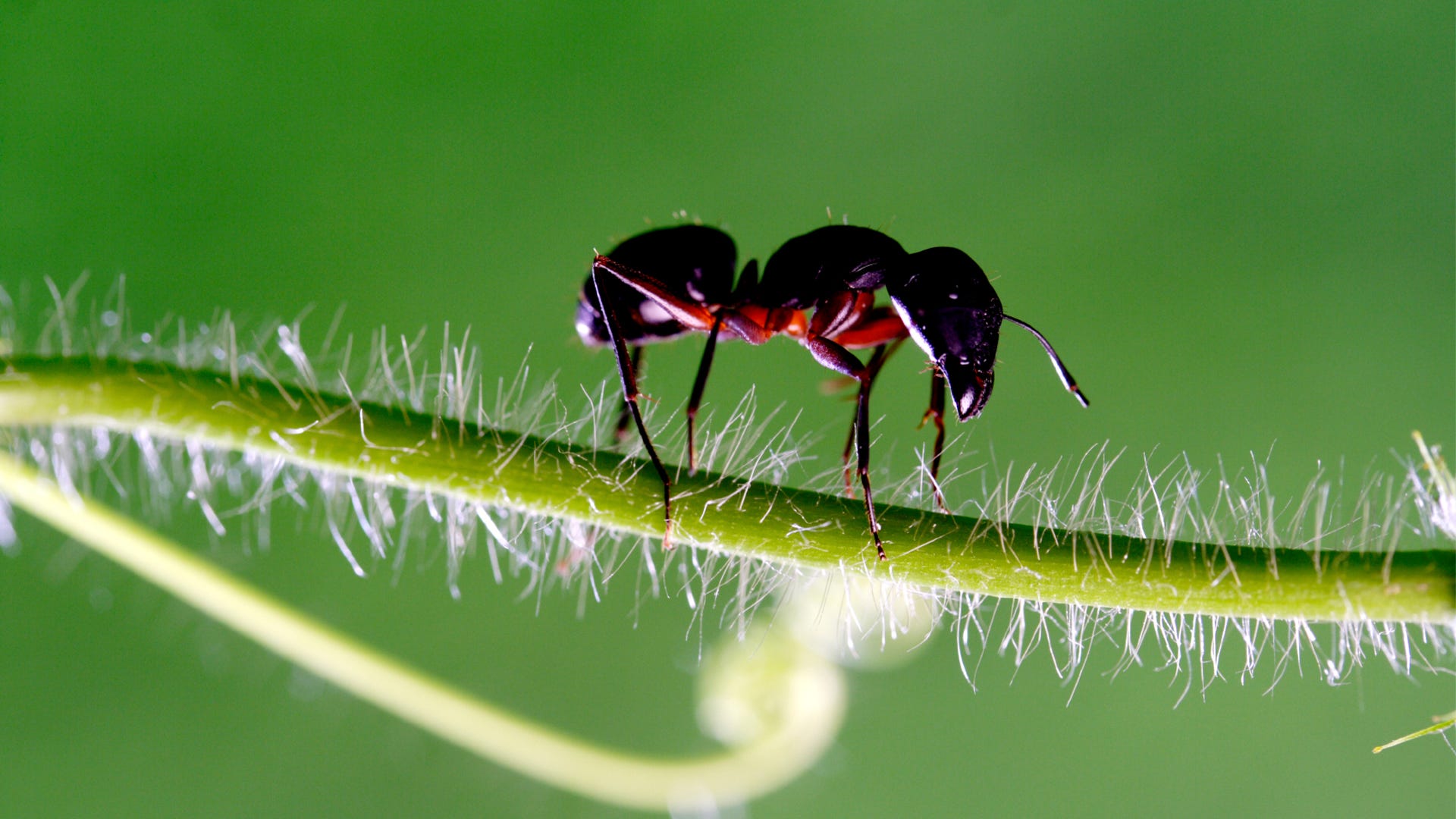Environmental Influence of Pest Control: Balancing Performance With Sustainability
The ecological impact of bug control is a vital concern that requires a delicate balance in between attaining effectiveness in managing bugs and making sure sustainability of our environments. From the use of hazardous chemicals that permeate right into our dirt and water to the unintended consequences on non-target varieties, the effects of conventional insect control methods are far-ranging.
Harmful Chemicals in Parasite Control
The usage of damaging chemicals in bug control presents considerable ecological and wellness risks that call for careful factor to consider and mitigation strategies. Pesticides, chemicals, and herbicides are typically used to eliminate insects, but their extensive application can cause unintended effects. These chemicals can infect dirt, water sources, and the air, affecting not just the targeted insects but additionally valuable pests, wildlife, and humans.

To address these dangers, integrated parasite monitoring (IPM) techniques are being advertised as a much more lasting choice. IPM includes a combination of techniques such as organic control, habitat control, and the targeted use chemicals as a last resource (ant control wesley chapel nc). By taking on an all natural strategy to pest control, we can lessen the ecological and wellness impacts connected with harmful chemicals while efficiently taking care of pest populations
Effect On Non-Target Variety
Considering the unplanned repercussions of insect control approaches, the effect on non-target varieties is an essential element that requires detailed examination. While insect control actions intend to target details bugs, various other microorganisms in the ecosystem might be inadvertently impacted. Non-target species, consisting of helpful insects, birds, animals, and even plants, can experience indirect or straight damage from pesticide applications or biological control approaches.
Pesticides made to deal with a certain insect bug might harm pollinators like bees or natural killers such as ladybugs. Biological control representatives, if not species-specific, can position threats to unintended targets, interfering with the ecological balance.
To alleviate the effect on non-target types, integrated parasite management (IPM) approaches that stress an alternative approach to pest control are suggested. These methods focus on making use of eco-friendly practices, lessening harm to beneficial organisms while properly managing pest populations. Performing complete threat assessments and keeping track of the end results of parasite control initiatives are necessary actions in securing non-target species and advertising overall ecological community health and wellness.
Dirt and Water Contamination
Unintentional ecological effects of pest control methods expand past impacting non-target varieties, with considerable ramifications for dirt and water contamination. Chemicals, herbicides, and chemical plant foods made use of in bug control can leach right into the soil and pollute groundwater, posturing a risk to both earthbound and aquatic ecosystems. Soil contamination can disrupt the equilibrium of microbes important for nutrition cycling and plant development, bring about decreased dirt fertility and performance. Furthermore, these chemicals can continue the atmosphere for extended periods, building up in the soil and possibly going into the food cycle.
Water contamination is one more important issue associated with parasite control methods. To mitigate dirt and water contamination from bug control activities, incorporated insect monitoring techniques that focus on sustainability and lessen chemical inputs are essential.
Air Contamination From Pesticide Use
Exposure to airborne pesticides during farming applications presents a substantial problem for visite site air pollution control procedures. Additionally, pesticide drift, where pesticides are lugged by the wind to unintentional areas, can lead to the contamination of nearby ecosystems and water bodies.

Strategies for Sustainable Pest Control
In the realm of farming practices, executing lasting bug control strategies is critical for maintaining environmental equilibrium and guarding crop yields. Lasting pest control emphasizes the usage of eco-friendly techniques to handle bug populaces successfully while lessening harm to non-target organisms and environments. Integrated Pest Administration (IPM) is a commonly embraced approach that integrates organic, social, physical, and chemical control approaches to attain long-lasting pest monitoring options.
One trick strategy in sustainable pest control is advertising biodiversity within agroecosystems. By enhancing all-natural opponents of pests, such as killers and parasitoids, farmers can lower the need for synthetic chemicals. Plant rotation and diversity are likewise efficient techniques to disrupt pest life cycles and create less positive problems for insects to flourish. In addition, utilizing pest-resistant plant varieties and using techniques like trap cropping can help lower pest pressure without relying greatly on chemical interventions. Ultimately, by incorporating these lasting parasite control methods, farmers can accomplish a balance in between pest management efficiency and environmental stewardship.
Verdict
To conclude, the ecological impact of pest control approaches have to be meticulously taken into consideration to balance efficiency with sustainability. Hazardous chemicals utilized in parasite control can cause soil and water contamination, air contamination, and harm non-target varieties - termite control. It is vital to execute sustainable parasite control strategies to lessen these adverse results on the atmosphere and advertise a much healthier environment for future generations
By embracing an alternative technique to pest control, we can decrease the ecological and health influences connected with dangerous chemicals while effectively taking care of pest populaces.

To mitigate the air contamination triggered by pesticide usage, it is crucial to embrace incorporated parasite administration approaches that prioritize the usage of non-chemical bug control techniques, such as plant rotation, natural killers, and resistant plant selections. Lasting parasite control stresses the usage of environmentally pleasant methods to manage insect populaces effectively while minimizing harm to non-target microorganisms and ecosystems. Integrated Parasite Monitoring (IPM) is an extensively taken on approach that integrates biological, cultural, physical, and chemical control methods to accomplish long-lasting bug administration options.
Comments on “Premier Termite Control Services: Make Sure Long-Term Security for Your Residential property”